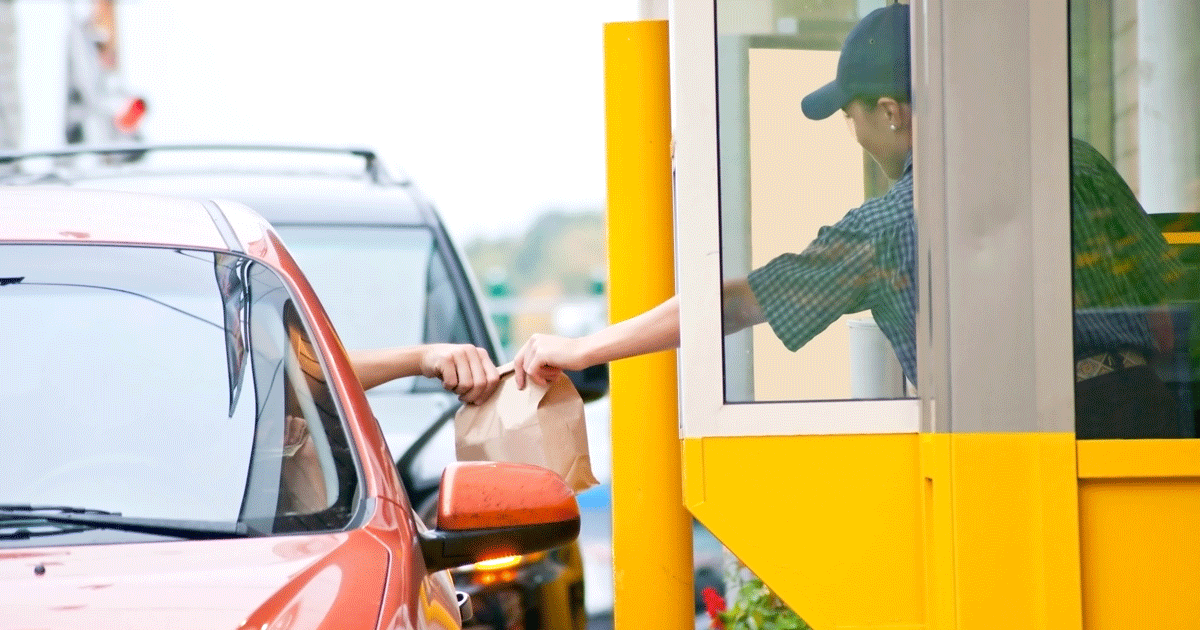Recent articles on automation in mining and fast foods reinforce that the new reality is that many jobs and occupations in a wide range of industries are likely to disappear sooner rather than later.
The mining story comes from the MIT Technology Review. Its entitled This truck is the size of a house and doesn’t have a driver. The article reports on mining companies across the planet using machines to do work traditionally done by miners. They write (emphasis added):
Rob Atkinson, who leads productivity efforts at Rio Tinto, says the fleet and other automation projects are already paying off. The company’s driverless trucks have proven to be roughly 15 percent cheaper to run than vehicles with humans behind the wheel, says Atkinson—a significant saving since haulage is by far a mine’s largest operational cost. “We’re going to continue as aggressively as possible down this path,” he says.
Trucks that drive themselves can spend more time working because software doesn’t need to stop for shift changes or bathroom breaks. They are also more predictable in how they do things like pull up for loading. “All those places where you could lose a few seconds or minutes by not being consistent add up,” says Atkinson. They also improve safety, he says.
The fast food story is from Business Insider. It takes on more significance because its about an interview with then Carl’s Jr. and Hardee’s CEO Andy Puzder, who is President Trump’s Labor Secretary nominee. Business Insider writes:
The CEO of Carl’s Jr. and Hardee’s has visited the fully automated restaurant Eatsa — and it’s given him some ideas on how to deal with rising minimum wages. “I want to try it,” CEO Andy Puzder told Business Insider of his automated restaurant plans. “We could have a restaurant that’s focused on all-natural products and is much like an Eatsa, where you order on a kiosk, you pay with a credit or debit card, your order pops up, and you never see a person.”
The mining story is about automating relatively high paid jobs, the fast food story about automating lower wage jobs. At some point we are going to have to learn and develop policies that are aligned with the reality that many jobs and occupations in a wide range of industries can and will be automated. And there is nothing public policy can do––and almost certainly shouldn’t try to––to stop this.
All of this is put into perspective in a New York Times’ article entitled The Long-Term Jobs Killer Is Not China. It’s Automation. The Times writes:
The changes are not just affecting manual labor: Computers are rapidly learning to do some white-collar and service-sector work, too. Existing technology could automate 45 percent of activities people are paid to do, according to a July report by McKinsey. Work that requires creativity, management of people or caregiving is least at risk.
This is the reality we need our elected officials to deal with. How to have a mass middle class in an economy where more and more jobs can and will be automated away is not clear. But we need policymakers and advocates engaged in figuring out what to do, rather than promising that they can make the old economy work again.







